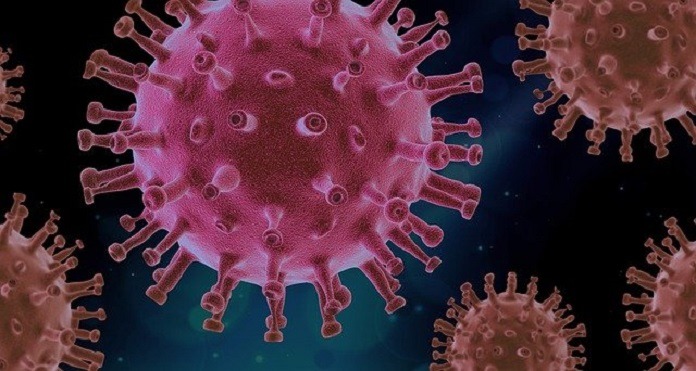A recent study is the first to reveal that COVID-19 can leave micro clots post-infection. These blood clots may contribute to persistent COVID-related symptoms post-infection including fatigue and muscle weakness, also termed Long COVID.
What is “Long COVID”?
The research group led by Professor Resia Pretorius at Stellenbosch University in South Africa set out to better understand a possible cause of what is termed “Long COVID”.
Individuals with Long COVID have appeared to have overcome COVID-19 symptoms, but still show symptoms of fatigue, shortness of breath, muscle fatigue, anxiety, depression, and trouble sleeping.1
These persistent symptoms have been observed to last up to six months post-initial infection.
What are micro clots and why are they dangerous?
Blood clots are formed by the build-up of proteins called clotting factors and platelets. These costs can block and reduce the flow of blood through tiny blood vessels called capillaries.
Capillaries facilitate the exchange of gases – oxygen for carbon dioxide – and are distributed throughout the body. A blood clot can block this gas exchange, leading to a lack of oxygen being delivered to tissues and thus a lack of energy.
In healthy individuals, blood clots are broken down naturally through a process called fibrinolysis. Humans need clotting in order to prevent excessive blood loss and facilitate the repair of blood vessels.
Micro clots are smaller versions of blood clots.1 The research group discovered that COVID-19 infection may leave some micro clots that circulate throughout the circulatory system.
The persistent presence of these micro clots may be responsible for the lack of energy seen in Long COVID-19 patients.
COVID-19 infection can leave micro clots that cannot be broken down
The research group compared blood extractions from 13 healthy volunteers, 11 long COVID patients, and 15 patients with COVID-19 pre-treatment.
It was observed that patients with current COVID-19 infection and those with Long COVID had micro clots that were resistant to fibrinolysis.1 The study group attempted to break down these micro clots by adding an enzyme to help facilitate the breakdown through a process called trypsinization. The clots did not decompose until the second application of trypsinization.
In these micro clots, inflammatory factors were found called alpha(2)-antiplasmin, and serum amyloid A was found in much higher concentrations than was found in healthy volunteers.
Alpha(2)-antiplasmin prevents the breakdown of micro clots, while serum amyloid A has been shown to enhance clotting by recruiting platelets to form clots.2 Increased levels of both of these inflammatory factors effectively inhibit the body’s ability to break down blood clots naturally.
How can micro clots be treated?
The researchers suggest that individuals with Long COVID may benefit from extended anti-clotting therapy post-COVID infection.1 This treatment would hopefully prevent clot-induced complications.
A further study is being conducted with a larger sample size to further signify these results for future clinical use.3
References
- Pretorius, E. et al. (2021). Persistent clotting protein pathology in Long COVID/Post-Acute Sequelae of COVID-19 (PASC) is accompanied by increased levels of antiplasmin. Cardiovascular Diabetology; 20(172). Doi: 10.1186/s12933-021-01359-7.
- Page, M.J. et al. (2019). Serum amyloid A binds to fibrin(ogen), promoting fibrin amyloid formation. Scientific Reports; 9(3102). Doi: 10.1038/s41598-019-39056-x.
- Basson, Wiida. (2021). First evidence of inflammatory micro clots in blood of individuals suffering from Long COVID. EurekAlert! Accessed Oct. 8 2021. Retrieved from https://www.eurekalert.org/news-releases/930392.
- Image by PIRO4D from Pixabay



